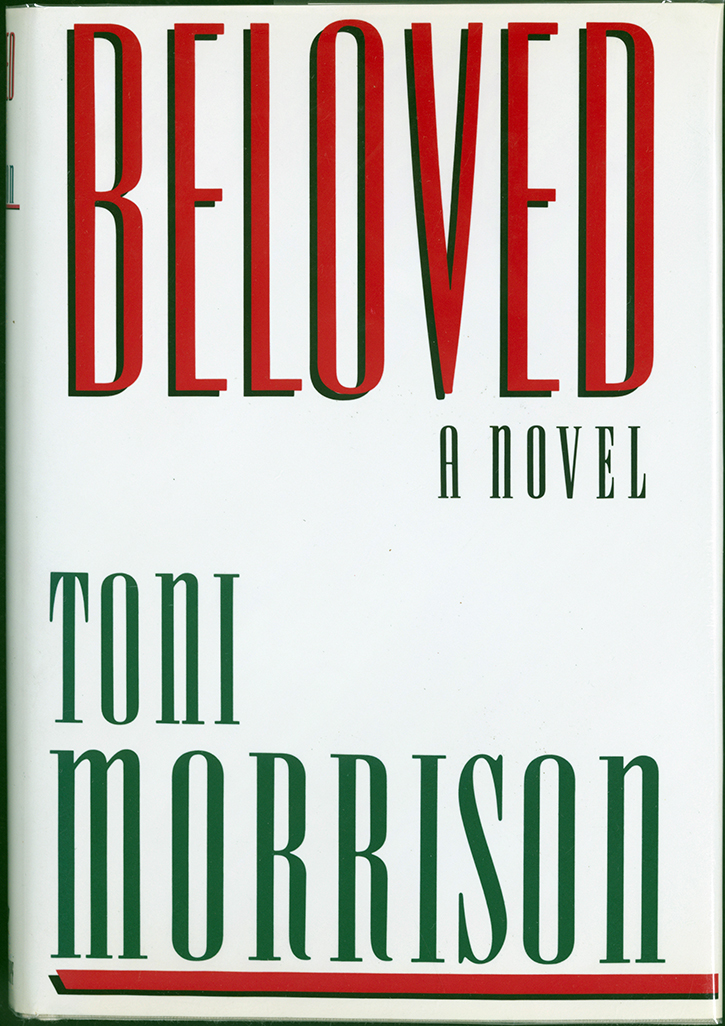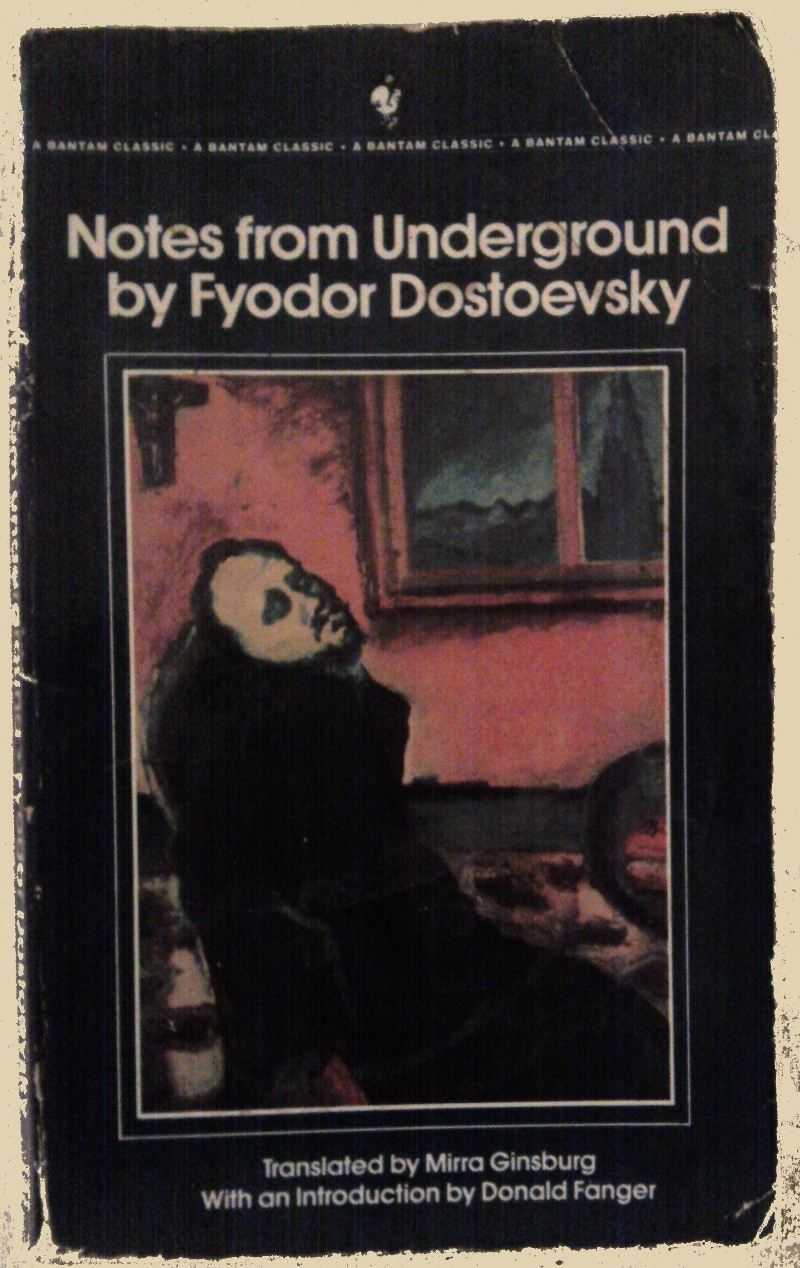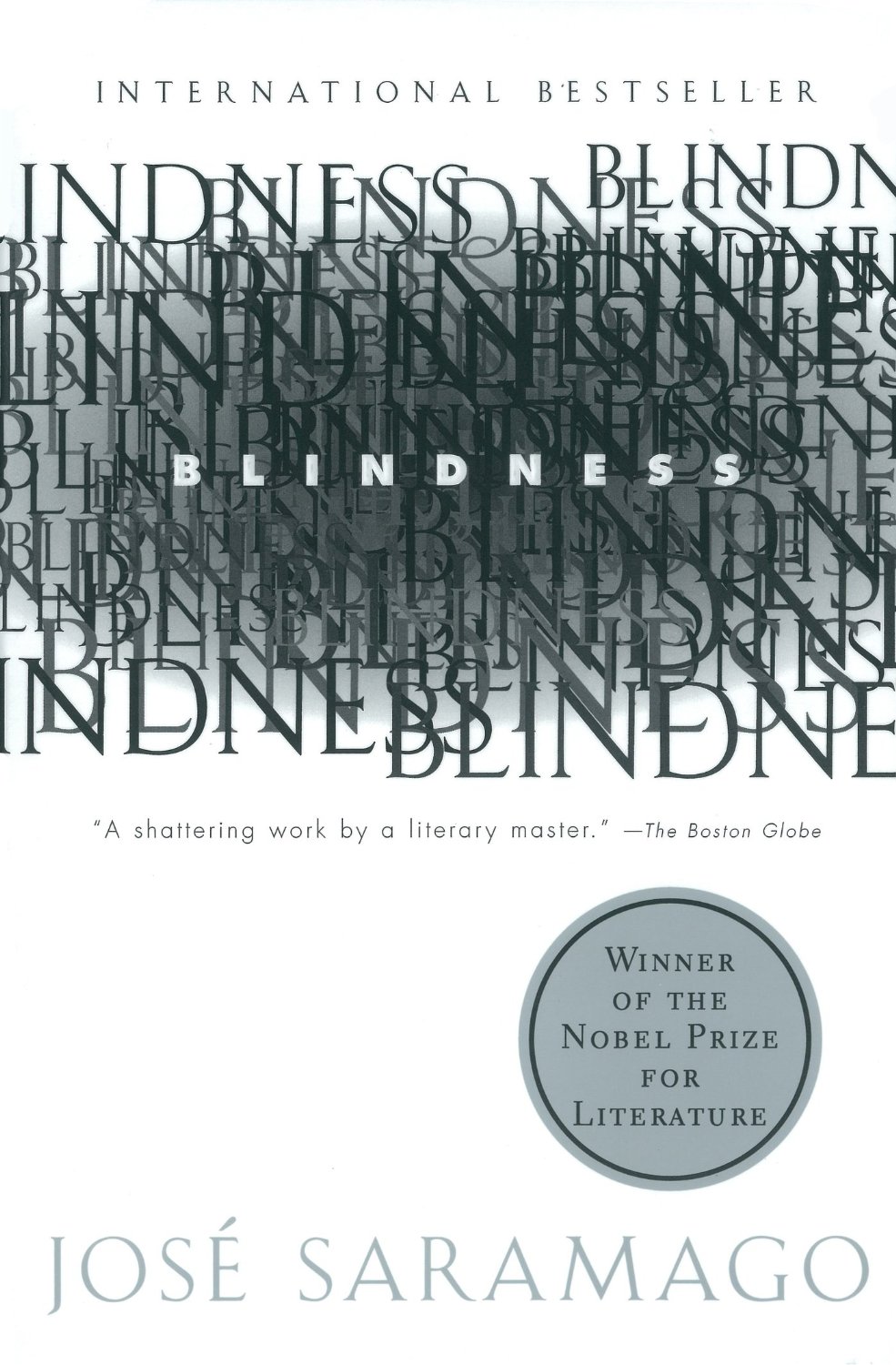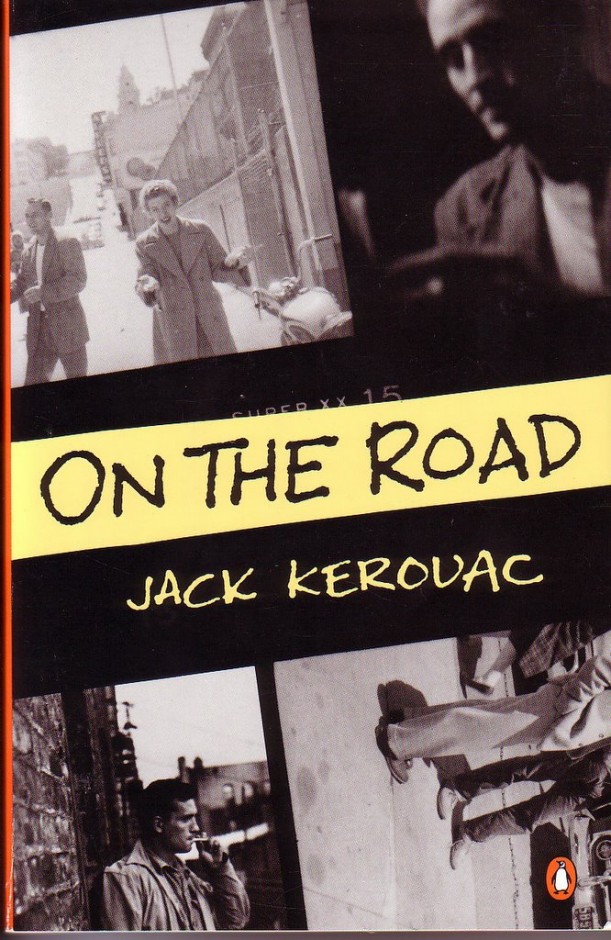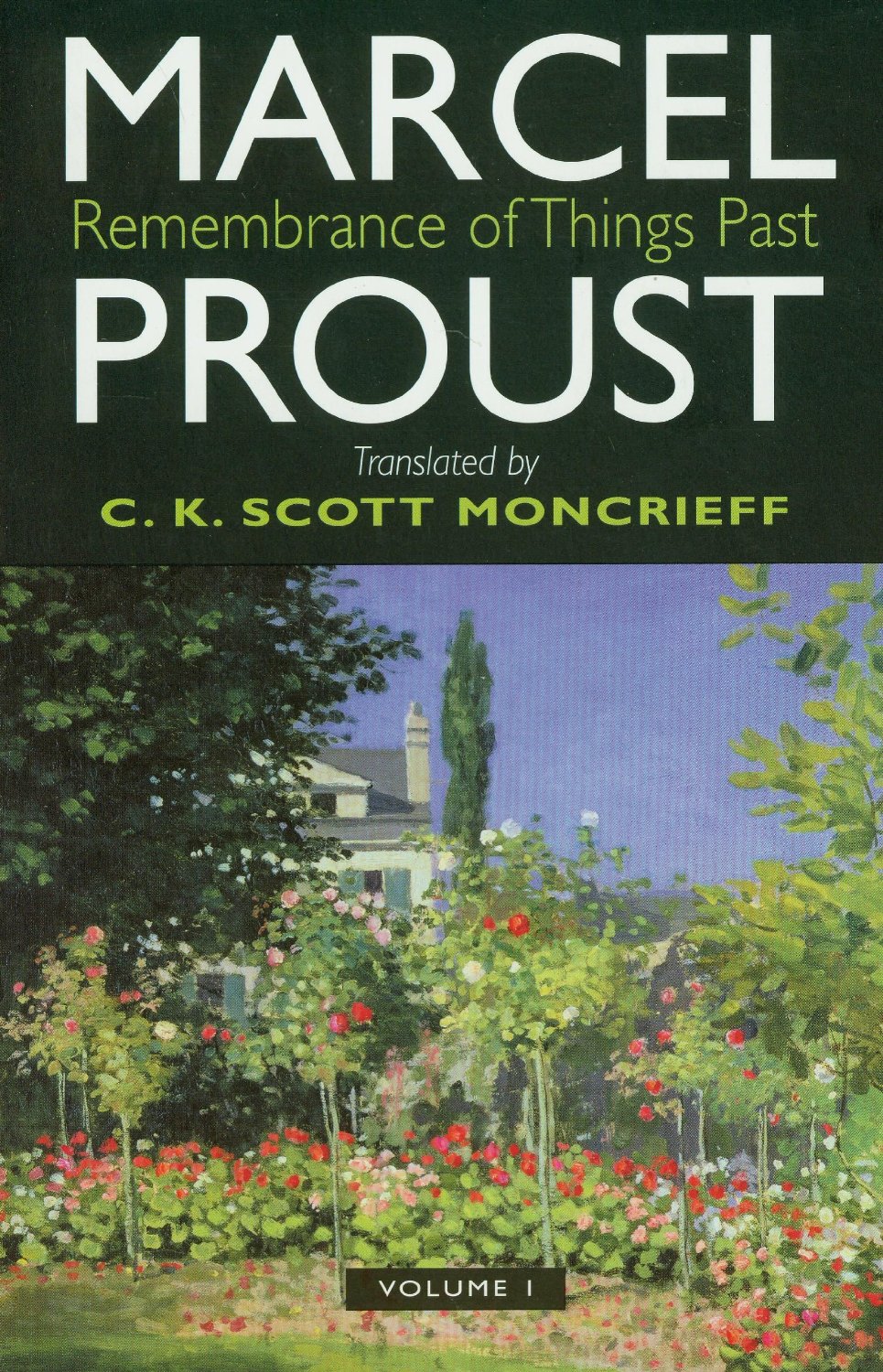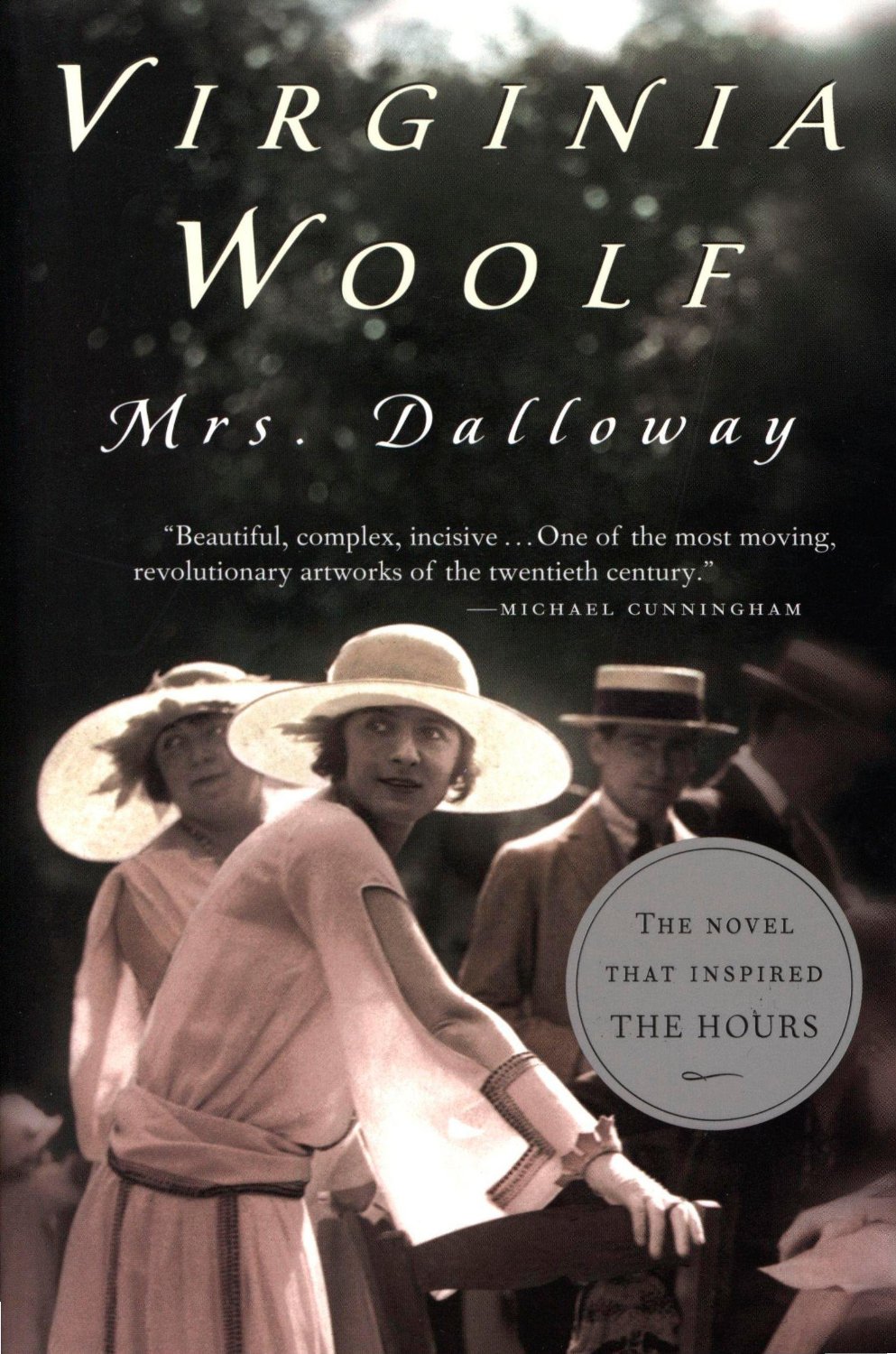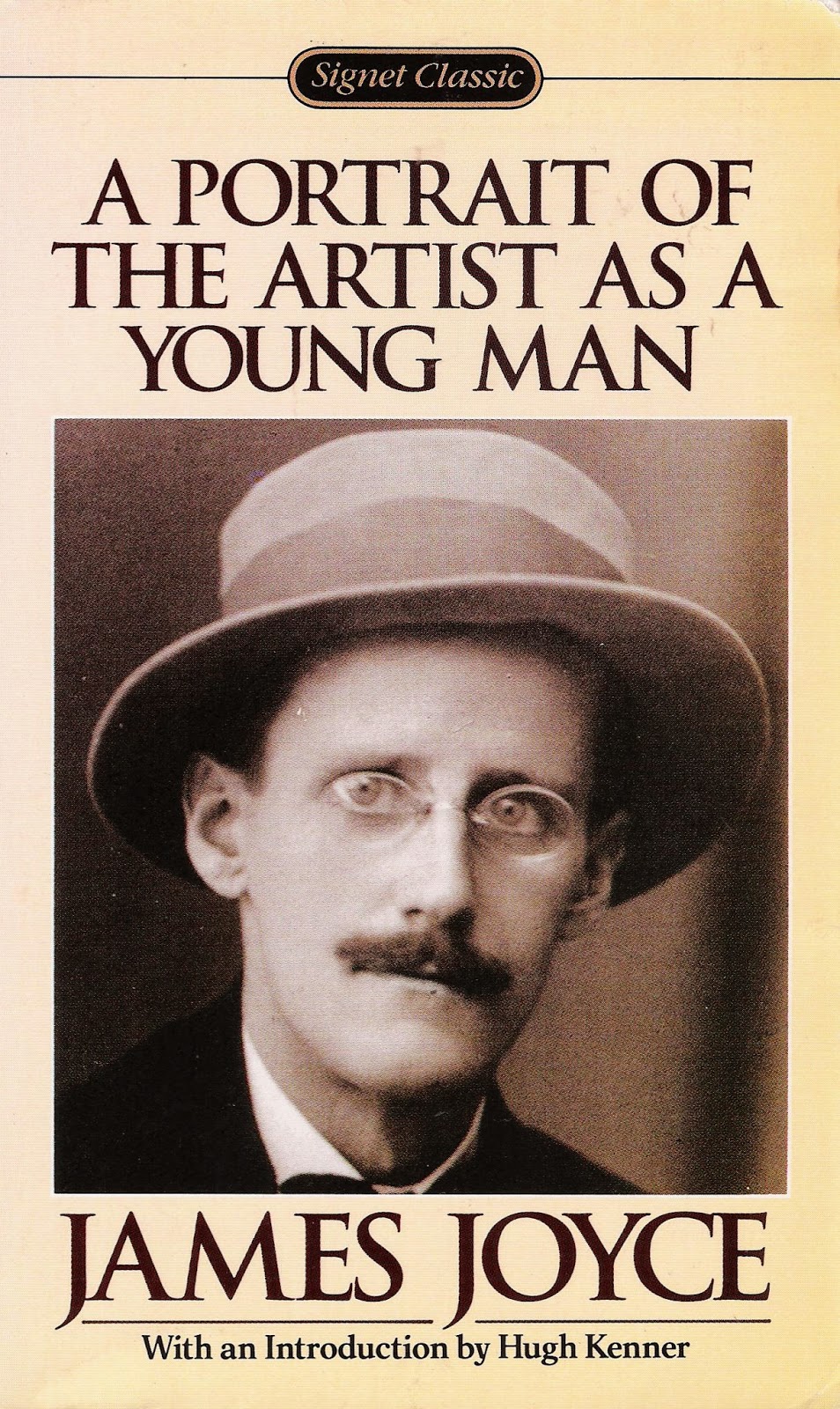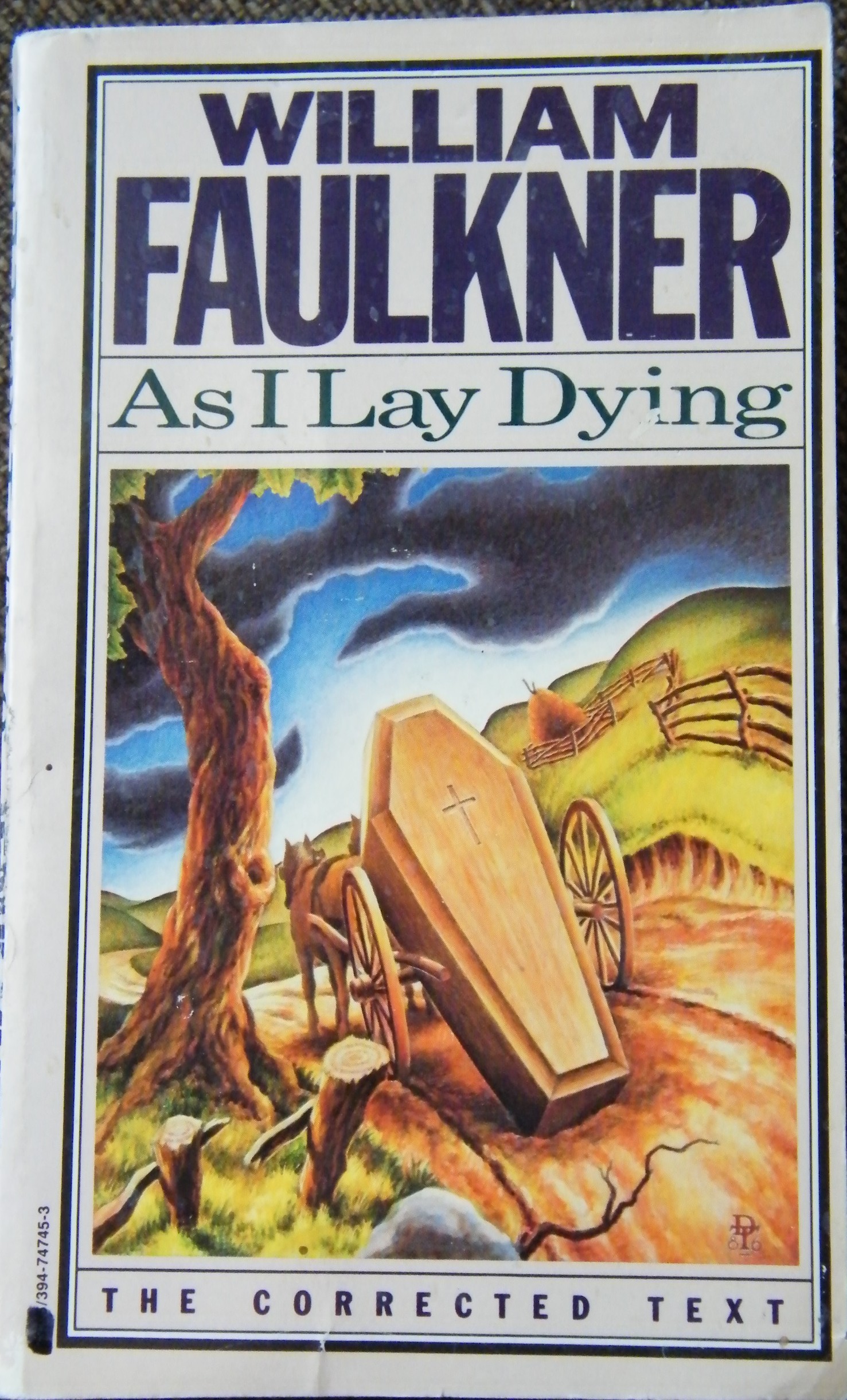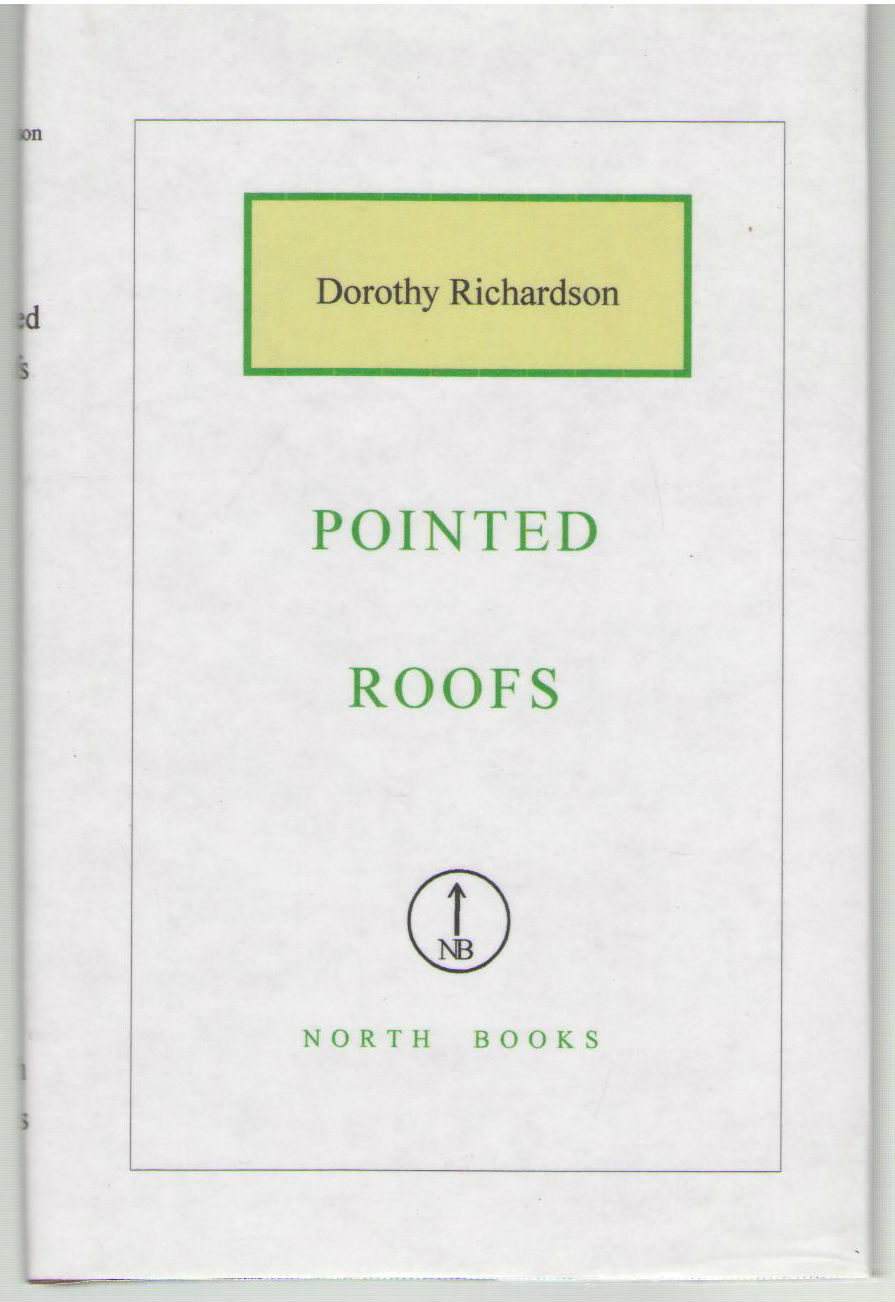
Top 10 Most Popular Stream of Consciousness Books
It has been once claimed by psychologists that men’s minds are like boxes, that they are able to pigeonhole the concepts and situations they handle; while women’s minds are more like spaghetti! Though this belief proved incorrect, we are here to give an additional evidence. Here is a list of men and women who loved to write in the spaghetti mode, or as it is literary known, stream of consciousness.
10 Beloved
The late Toni Morrison tells the story of a a girl who left her home when she was young and back again as an adult. The story focuses on slavery and its repercussions for the people involved. In one chapter Ms Morrison uses stream of consciousness at length in order to express the thoughts of a number of characters.
9 Notes from Underground
Fyodor Dostoyevsky is known for a great number of good novels, remarkable among which are his ones that express their ideas in a stream of consciousness mode. Crime and Punishment is a remarkable novel Dostoyevsky is known for. Another one where he used this technique enormously is Notes from Underground. In the novel, all the hero’s ideas are expressed through very long sentences with many commas used.
8 Molloy
Samuel Beckett has a number of novels that are known for the use of stream of consciousness. Three among them are the remarkable Molloy, Malone Dies and Unnameable. In Molloy, Beckett does everything to achieve his goal of training the hero’s thoughts up to using ungrammatical sentences. The novel, still, is enjoyable and good read.
7 Blindness
Written by previous Nobel prize winner Jose Saramago, the novel like most stream of consciousness books sheds light on the hero’s ideas to the extent of loosing control over grammar and vocabulary boundaries. In part of the novel the author assumes
“… there won’t be any problems with food supplies, and who can be sure there isn’t already a shortage, I doubt, for example, whether those outside have any idea from one minute to the next…”
6 On the Road
Though a young writer, Jack Kerouac is considered an important agent in the stream of consciousness world. His novel On the Road is based on his own experience of journeying America on the road. He recorded his own ideas and experiences in this novel reflecting a good part of his own self.
5 Remembrance of Things Past
Marcel Proust is considered the king of stream of consciousness. Many of his novels focus on the intricacies of the human mind and specifically memory. In this lengthy novel of seven volumes, the author focuses on many specifics no matter how small or easily to be forgotten like the kind of food he used to eat, the smell different items, and the impression of the the days of the week.
4 Mrs Dalloway
Known widely as the queen of stream of consciousness, Virginia Woolf used to be and still is one of the remarkable authors whose voice echoes this technique in many of her novels. Mrs Dalloway is a remarkable novel in which the she walks in the shoes of different characters reflecting their ideas until readers get confused.
3 A Portrait of the Artist As a Young Man
Surrounded by some narrow-minded characters in his childhood, James Joyce reflected this part in many novels of his. A very prominent is A Portrait of the Artist as a Young Man. The novel reflects much of Joyce’s childhood, adulthood, dreams and ambitions. It is considered a psychological novel in which stream of consciousness is the major tool in expressing the hero’s feelings and ideas.
2 As I Lay Dying
Another Noble Laureate on the list is William Faulkner. In two of his novels, Faulkner took the technique to excess. The Sound and the Fury and As I lay Dying both express the inner workings of their heroes minds. In As I Lay Dying, the novel revolves not around a conflict between two characters, on the contrary, it is the inner conflict of the protagonist that is expressed through lengthy and messy narrative.
1 Pointed Roofs
Written by Dorothy Richardson, the novel Pointed Roofs is the very first novel ever written under the stream of consciousness category. The critic who revised this pioneer work, May Sinclaire, was the one who came up with the term “stream of consciousness.”

